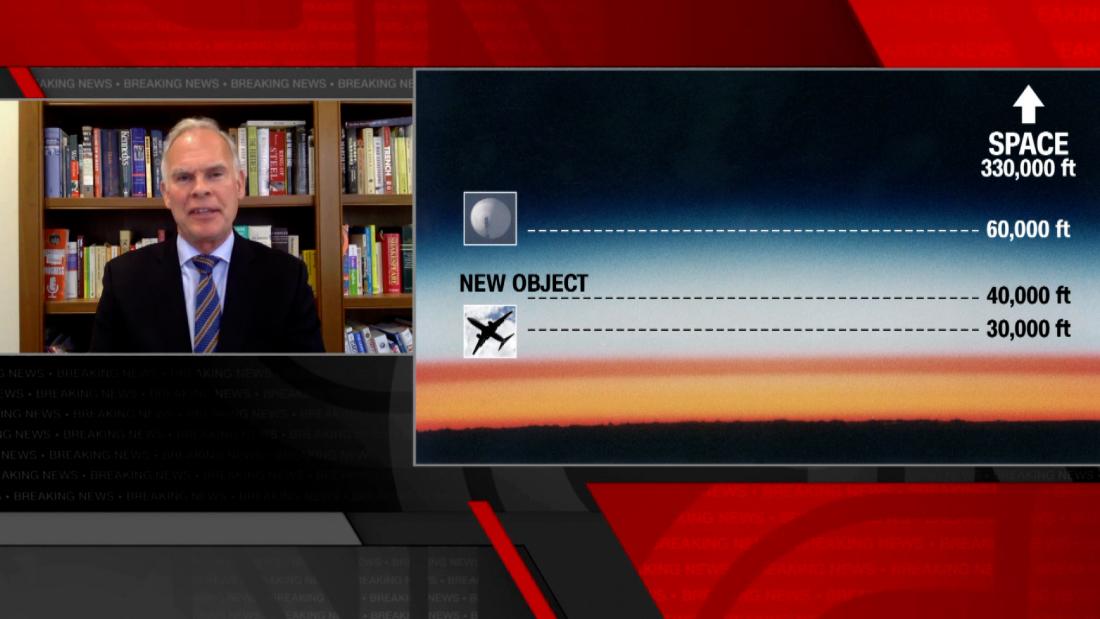Do Police Shortages Undercut Efforts to Rebuild Community Trust?
A federal consent decree requires Baltimore police to end a pattern of racial profiling and excessive force. But it has also complicated efforts to recruit new officers who could make the reforms achievable.

Are police shortages making it more difficult to comply with federal civil rights efforts to eliminate racial profiling and the use of excessive force?
The question has taken on new weight in Baltimore, where officials say a Justice Department report detailing longstanding racial profiling and excessive force has complicated efforts to retain and recruit officers, reports the Associated Press.
The Baltimore Police Department (BPD), which has been plagued by accusations of bias and civilian complaints about excessive force, is trying to fill 400 vacancies—reflecting a problem faced by police nationwide.
But the pressure has been compounded by a 2017 DOJ report that described a culture of misconduct and bias, which necessitated a “consent decree” that placed the city under federal oversight.
But without more officers — city police had 2,398 members on payroll in recent months, despite a staffing plan that calls for 2,785 — the force will be unable to meet some of the consent decree’s basic requirements, says U.S. District Judge James Bredar, who’s overseeing the process.
Under-staffing has undercut efficiency. The Public Integrity Bureau, for instance, is down so many investigators that the average time to complete a misconduct probe is now eight months. The absence of officers could significantly affect street-level policing by forcing officers to work double shifts — a practice the decree prohibits.
“Tired officers are in a worse position to exercise good judgment,” said Timothy Mygatt, a Justice Department lawyer.
Both others say staffing shortages aren’t the primary problem: internal reforms and recruitment efforts do little to repair citizen trust in overpoliced areas, said Ray Kelly of the No Boundaries Coalition, an advocacy group in West Baltimore.
Prof. Christy Lopez of Georgetown University, who has led Justice Department probes of police agencies in numerous U.S. cities, said staffing increases don’t necessarily improve police-citizen relationships.
“It would be a huge step backward to respond to police being spread too thin by adding more police to continue doing the work that police should not be doing,” Lopez said.
“Instead, we should narrow the scope of what police do,”
Baltimore isn’t the only city facing a shortage of police officers.
Between 2013 and 2016, the number of full-time sworn officers dropped by more than 23,000, according to the DOJ’s Bureau of Justice Statistics. According to a survey out last year by the National Police Foundation, 86 percent of departments reported a staffing shortage.
While the drop is partially a reflection of increasing retirement rates among older officers, Jason Johnson, president of the Law Enforcement Legal Defense Fund told ABC News that fewer young people are going into the profession.
He was supported by former Albany Police Chief Brendan Cox, who now works as the director of policing strategies for Law Enforcement Assisted Diversion (LEAD) National Support Bureau.
Cox attributed the decline to “a lack of political and law enforcement leadership, misinformation about the meaning of defund the police, dissatisfaction with the criminal justice system and anti-police sentiment,” according to ABC News.
To counteract staffing shortages, some departments are even offering incentives to recruits.
In Illinois, the Peoria Sheriff’s Office is offering a $10,000 signing bonus, for instance.
Baltimore’s police force recently released information about a staffing plan the department commissioned Alexander Weiss, a public safety practitioner, to help develop in 2019.
When it comes to recruiting officers, the plan emphasizes retaining officers the department currently employs.
“[BPD] wouldn’t need to hire as many [officers] if they were able to retain the officers that they have,” Johnson said.
“But a long-standing problem with the BPD is many, many officers escape a very, very challenging and difficult work environment. They go to the suburbs or leave law enforcement entirely.”
This summary was prepared by TCR contributing writer Eva Herscowitz.

 Landwebs
Landwebs 




















